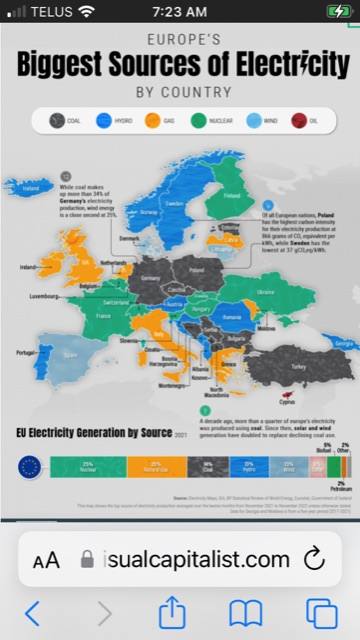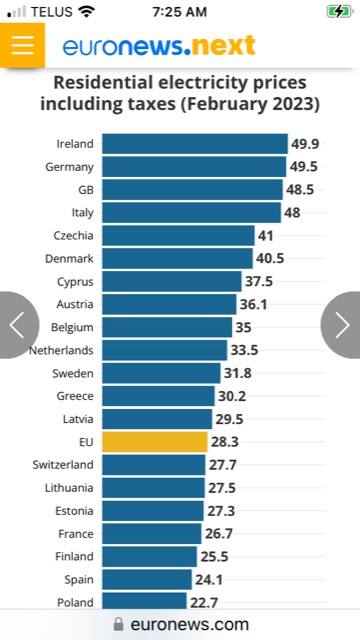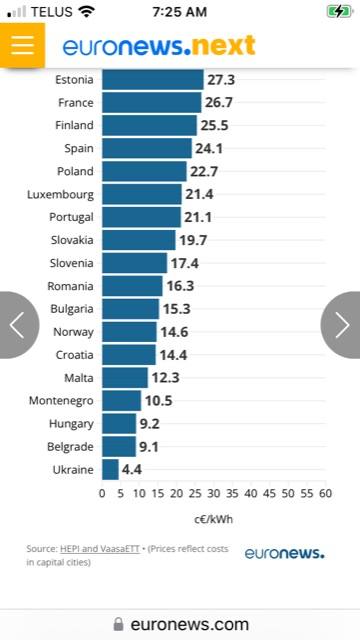Originally posted by Hamloc
View Post
When will the sun and the wind run out? Never!
You can put another more efficient wind mill or solar panel on the same site multiple times.
And the oil industry is trying hard not to pay the the billions of dollars required to clean up all their tens of thousands of sites when the oil runs out or has already run out.




Comment